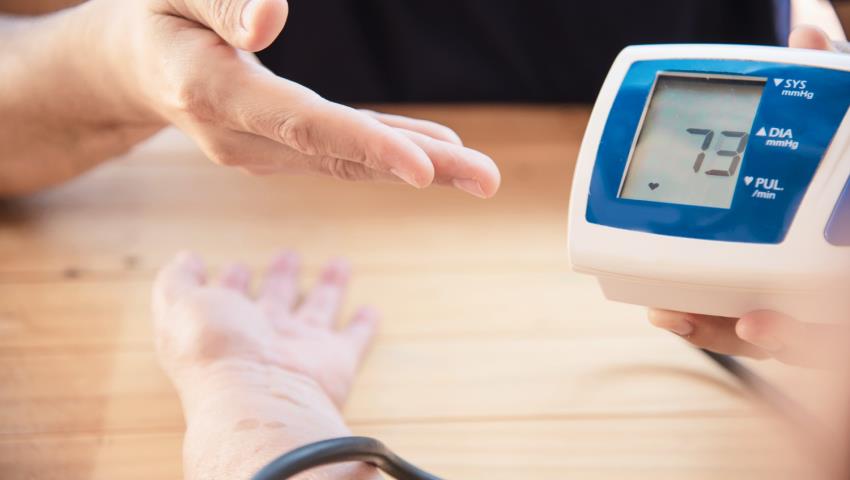W
A
T
E
N
C
A
R
E






